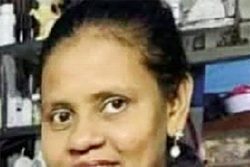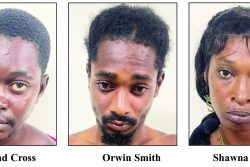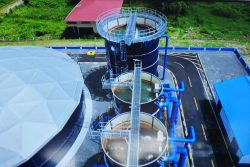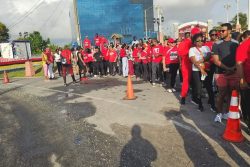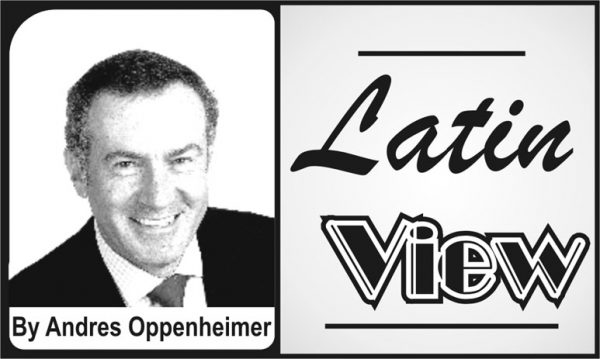 BOGOTA — Judging from what I heard in interviews with Latin American presidents and foreign ministers in recent days, an international effort to indict Venezuelan dictator Nicolas Maduro for possible crimes against humanity may soon get an extra push. Several new countries may join the group, and make it stronger.
BOGOTA — Judging from what I heard in interviews with Latin American presidents and foreign ministers in recent days, an international effort to indict Venezuelan dictator Nicolas Maduro for possible crimes against humanity may soon get an extra push. Several new countries may join the group, and make it stronger.
Seven countries issued an unprecedented petition to the Netherlands-based International Criminal Court on September 26th to investigate Maduro. The case —the first one in which ICC member countries are asking for a probe into a fellow member — was originally proposed by Argentina, Colombia, Chile, Paraguay and Peru.
Canada joined the group when the petition was formally presented during the recent United Nations’ General Assembly in New York. A few days later, France announced it was joining the group.
Colombian President Ivan Duque told me in an interview that the petition’s signatory countries are now talking with other ICC members to expand the group.
“On a daily basis, whenever I have the chance, I invite other heads of state to join in,” Duque told me. “The very fact that an investigation could rapidly be opened is a very strong message to Venezuela’s dictatorship.”
Chilean foreign minister Roberto Ampuero told me that he is hopeful that such diplomatic efforts will soon produce results. The effort is gaining steam and, “Other countries will probably join the petition,” he told me.
Ampuero declined to say which countries are considering joining the petition. But other diplomatic sources tell me that Ecuador and Uruguay are among them, and that French President Emmanuel Macron is trying to convince Germany, Spain and the Netherlands, among other European countries, to sign on to the request. “France can make a big difference,” one official told me.
ICC prosecutor Fatou Bensouda had already opened a preliminary investigation in February into possible crimes against humanity by Maduro and his top aides, based on human-rights groups’ reports. The preliminary probe was limited to the regime’s abuses during last year’s anti-government riots, in which at least 150 people were killed.
The petition to investigate Maduro and his cronies is not only the first in ICC history to be presented by countries, rather than human rights groups; it is also asking the court to expand the probe’s time frame and look into Venezuela’s human-rights abuses since 2014.
Skeptics say that an ICC indictment of Maduro and other top Venezuelan officials is a long shot. Since its creation in 2002, the ICC has only found four people guilty, and only two of them for crimes against humanity. It currently is involved in 20 formal investigations, with none of them in the Western Hemisphere.
If the ICC prosecutor decided to move from a preliminary probe into a formal investigation, she theoretically could ask ICC judges to issue an arrest warrant for Maduro. But the ICC rulings can be appealed, and the proceedings could last years, skeptics say.
In addition, United States President Donald Trump has indirectly undermined the process by saying in his September 25th speech to the United Nations that, “The United States will provide no support in recognition to the International Criminal Court. As far as America is concerned, the ICC has no jurisdiction, no legitimacy and no authority.”
Despite all of these obstacles, the recent addition of France to the group of countries seeking an ICC investigation into Maduro — and the possible future backing of other major European countries — could speed up the ICC legal process.
Like all international organisations, the ICC is not immune to diplomatic pressures. And a first-of-its-kind petition backed by Canada, France and other European countries would have much more political weight than one signed solely by South American countries.
Granted, none of this will result in an overnight solution for desperate Venezuelans who have to survive amid a 1 million percent annual inflation rate and massive shortages of food and medicine. But it could be a significant step in efforts to further isolate the Maduro regime, form cracks within his dictatorship and help restore democracy in Venezuela.


